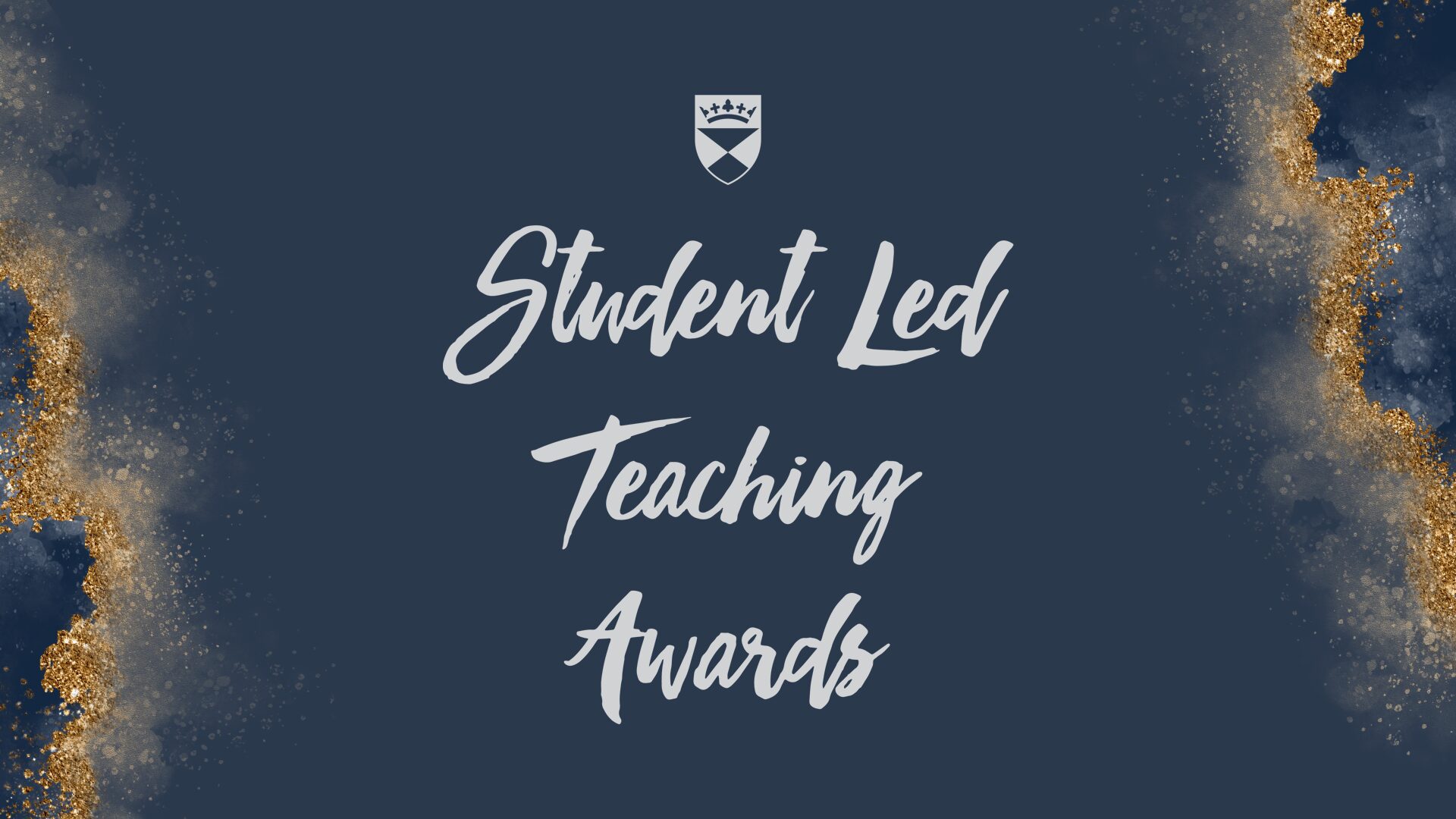
President’s Awards 2025
DUSA held its President’s Award Night on May 30, 2025! The event celebrates the students and staff who have made an outstanding impact on the University and
This website is a dedicated space for raising awareness and providing support around Gender-Based Violence (GBV) within the university community. It offers definitions, examples, reporting guidance, and access to resources for students and staff. Whether you’re seeking information, support, or want to help someone else, you’re in the right place.
Share:
Gender-Based Violence (GBV) refers to harmful acts directed at an individual based on their gender. It is rooted in gender inequality, the abuse of power, and harmful norms. GBV affects people of all genders but disproportionately impacts women, girls.
While the majority of GBV victims are women and girls, men, non-binary individuals, and members of the LGBTQ+ community can also be victims of GBV. It’s essential that all experiences are recognised and supported.
If you complete the ‘Report a Concern form’ someone from the Safeguarding team will get in touch with you to help you get the support that you need (whether that’s from services I the University or organisations outwith). This is usually the same or next working day.
Safeguarding will then review the information you’ve shared with them and may invite you to a meeting so they can understand more about what happened. That meeting might include several members of the Safeguarding team as they have different areas of expertise (eg student support, legal, safety/security). You can take a friend/family member/ someone from DUSA to the meeting to support you.
Safeguarding might then ask other people to meet with them to hear their accounts of what happened. They’ll keep you updated about what is happening.
Safeguarding will look at whether any ‘Preventative measures’ need to be put in place to keep everyone safe – these could be things like making sure you’re not in the same seminar group, or accommodation block as the person that’s been reported.
If Safeguarding believe there is likely to have been a breach of student code of conduct/student discipline they will pass the case to the student discipline team for investigation and appropriate action. This may mean that you need to answer more questions.
If you have been reported to safeguarding you will be invited to a meeting with the safeguarding team. They will write to you via your University email and give you a date and time to attend the meeting.
You can take someone along to the meeting with you for support – DUSA advice team are a good source of support.
This meeting usually takes place with 2 or 3 members of the safeguarding group due to their varied roles which can be found here. (insert safeguarding page link).
The Safeguarding Team always explore any concerns they receive. Their emphasis is on keeping all members of the UoD community safe. They’ll ask you about what happened and will be keen to hear your account of the events.
They may put some ‘Preventative measures’ in place. This might mean things like you are asked not to attend certain events or places.
If the Safeguarding team consider there has likely to have been a breach of the Student Code of Conduct or Student Discipline the case will be passed to the Student Discipline Team. They will investigate the case and if they find there has been a breach impose penalties. Full details of this process can be found here: Student Discipline Procedure
The University will always take your report seriously and treat it confidentially. They will never out you to your course/programme/family members/friends/sponsors. Their priority is your safety and wellbeing, and they can link you into other supports such as student funding, or external agencies such as WRASAC and Vice Versa.
Sometimes those who are victim/survivors of GBV disclose that things happened when they were drunk or had taken drugs. If you were intoxicated your ability to give consent may have been impaired. When you make a disclosure about being the victim/survivor of GBV and at the same time tell the University about something else that might be a breach of University conduct the University will not enforce the other misconduct policies.
Yes! The university knows that being a victim/survivor of GBV can have all sorts of impact on you and your studies. The Student Support team will help with getting recurring circumstances so that you don’t need to share what has happened with multiple people.
The Student Support team will also help you work out what other support you might need and how you access it including things like accommodation and financial support if you need it.
There are a range of resources that can help and support you listed here:
For friends & family | Rape Crisis Scotland
Friends and Family Handbook – Women’s Aid
You can also talk with someone from Student Support team who can offer advice and support.

DUSA held its President’s Award Night on May 30, 2025! The event celebrates the students and staff who have made an outstanding impact on the University and

We are disappointed by the Supreme Court’s ruling that “the terms woman and sex in the Equality Act 2010 refer to a biological woman and biological sex.”

We’re delighted to announce the winners of this year’s Student-Led Teaching Awards
It is a great pleasure to announce the results of the 2025 DUSA Elections.